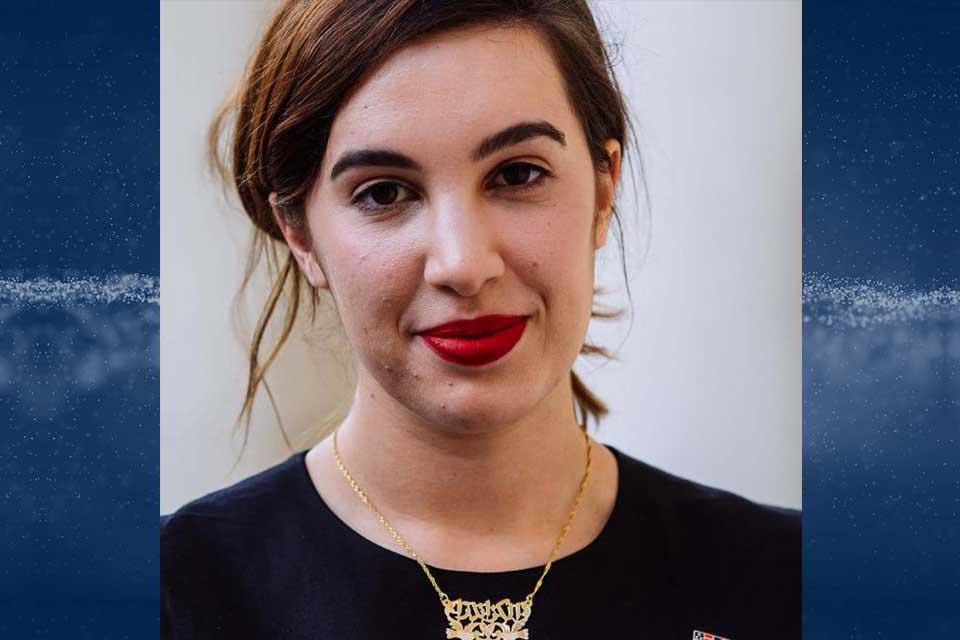We work among extraordinary people doing extraordinary things; get to know some of them by reading these quick-fire interviews.
Name: Dr Alexandra Ramadan
Job title: Postdoctoral Research Associate
What are you currently working on?
I’m working on metal halide perovskite LEDs. In addition to being incredibly exciting materials for photovoltaics, perovskites can also be used as the active material in LEDs. They are well suited for this since they have a narrower bandwidth of emission than some emitters used in commercially available LEDs – this means better colour purity and would mean a crisper picture if used in displays (like TVs/phone screens). I’m particularly interested in blue perovskite LEDs as this is the biggest challenge for this technology, I’m focused on achieving the right colour blue (466 nm) and improving the stability of these devices.
Describe a typical day
Covid has meant that in our group we can only work in lab half of the week, so a typical day varies a lot. Generally, on a lab day I split my time, so I spend half of it making samples (either full LEDs or just perovskite layers) and then the other half investigating their photophysical properties. In particular, I am trying to understand how changes to the chemistry of the perovskite semiconductor affect their light emission properties.
If you had an entire day at your disposal (not at work), what would be your ideal way to spend it?
I’d have a lie-in, grab some food and a coffee somewhere in town and then head to one of the parks to read/knit in the sun.
hat is your favourite place in Oxford?
Any of the green open spaces but the botanical gardens are a particular highlight for me.
What discovery would you like to see in your lifetime?
Instead of wanting to see one specific discovery, what I’d really like to see is a change in the culture within physics and more widely across academia. I’d like to see the field of physics becoming more inclusive of people from all backgrounds and a place where people feel safe to be their authentic selves. This would help us to make better discoveries which would benefit all of humanity. I hope that we here at the Department of Physics in Oxford can lead the field in this, as we do in many scientific developments.

